Delays on UK trade at ports in the final days of the UK being part of the customs union and single market are an indication of what might happen when the red tape of customs and veterinary documentation starts in January.
There are now several media reports of lorry queues at ports going to and from the UK, with the biggest problem apparently taking place on the English Channel. This gateway between the UK and France is one of the busiest shipping lanes in the world and is always operating close to capacity.
As the 31 December, the final day of uninterrupted commercial travel in and out of the UK, approaches, there is an urgency in getting product in and out of the UK. After 1 January there will be much more administration required at the very least and in worst-case scenario a huge import and export tax barrier, unless the EU and UK agree a tariff-free trade deal.
Irish sea routes relatively OK
Irish sea routes between Britain and the island have been operating close to normal apart from a problem triggered by COVID-19 on a ship. However, the delays at English Channel ports could have a knock-on effect on Irish hauliers using Britain as a landbridge, with agri-food exports destined for continental customers.
View of future trading logistics
While present delays are related to huge volumes of product in transit both ways as exporters try to beat any tariff barrier in January, they could be a taste of what is to come. After 1 January there will be a surge in red tape as all commercial freight will have to be accompanied by a customs declaration. If it is goods of animal origin, a veterinary heath certificate will be required.
There will also be random checks on vehicles, up to 30% in the case of lorries carrying fresh beef. This will happen even if a free-trade deal is agreed and will lead to delays on trade across the Irish sea.
This is a particular concern for Irish farmers, who depend on smooth transit through the Irish Sea and English Channel ports to get their produce delivered to customers in Britain and the rest of the EU consistently on time.
Delays at a busy time are an indication of what might happen when entry and exit to ports is inevitably delayed with the red tape of paperwork and inspections.
Read more
UK and Irish farm representatives restate importance of Brexit deal
Cattle but not carcase beef can go through NI
Delays on UK trade at ports in the final days of the UK being part of the customs union and single market are an indication of what might happen when the red tape of customs and veterinary documentation starts in January.
There are now several media reports of lorry queues at ports going to and from the UK, with the biggest problem apparently taking place on the English Channel. This gateway between the UK and France is one of the busiest shipping lanes in the world and is always operating close to capacity.
As the 31 December, the final day of uninterrupted commercial travel in and out of the UK, approaches, there is an urgency in getting product in and out of the UK. After 1 January there will be much more administration required at the very least and in worst-case scenario a huge import and export tax barrier, unless the EU and UK agree a tariff-free trade deal.
Irish sea routes relatively OK
Irish sea routes between Britain and the island have been operating close to normal apart from a problem triggered by COVID-19 on a ship. However, the delays at English Channel ports could have a knock-on effect on Irish hauliers using Britain as a landbridge, with agri-food exports destined for continental customers.
View of future trading logistics
While present delays are related to huge volumes of product in transit both ways as exporters try to beat any tariff barrier in January, they could be a taste of what is to come. After 1 January there will be a surge in red tape as all commercial freight will have to be accompanied by a customs declaration. If it is goods of animal origin, a veterinary heath certificate will be required.
There will also be random checks on vehicles, up to 30% in the case of lorries carrying fresh beef. This will happen even if a free-trade deal is agreed and will lead to delays on trade across the Irish sea.
This is a particular concern for Irish farmers, who depend on smooth transit through the Irish Sea and English Channel ports to get their produce delivered to customers in Britain and the rest of the EU consistently on time.
Delays at a busy time are an indication of what might happen when entry and exit to ports is inevitably delayed with the red tape of paperwork and inspections.
Read more
UK and Irish farm representatives restate importance of Brexit deal
Cattle but not carcase beef can go through NI




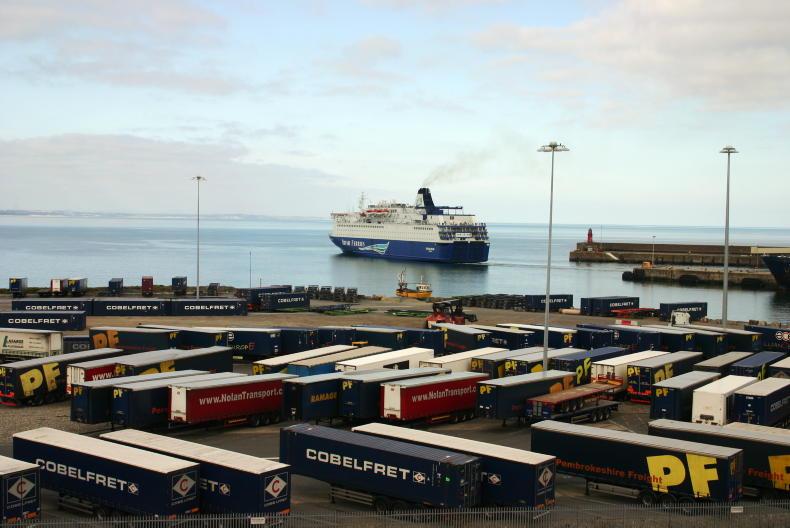
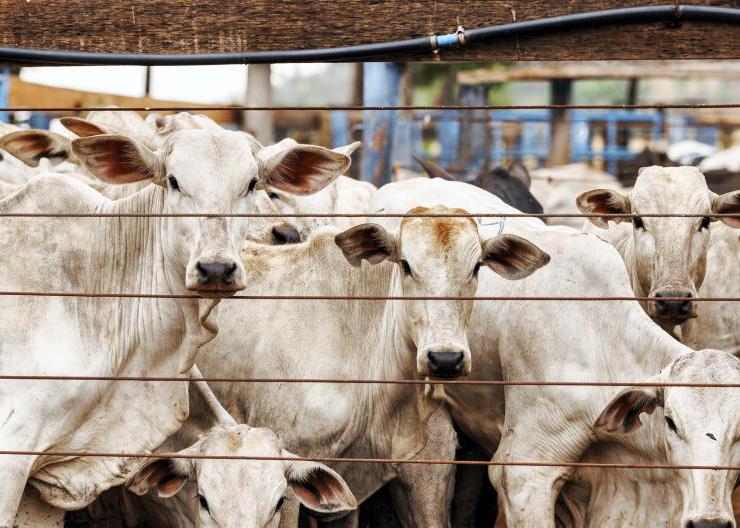

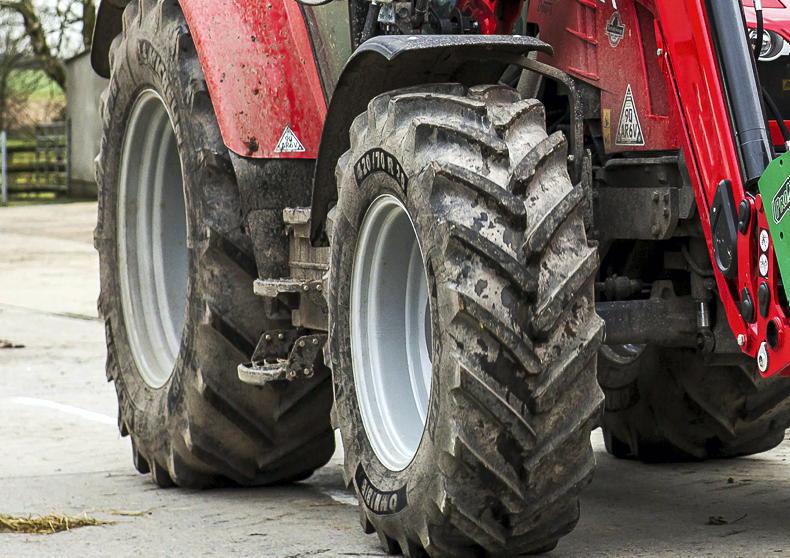
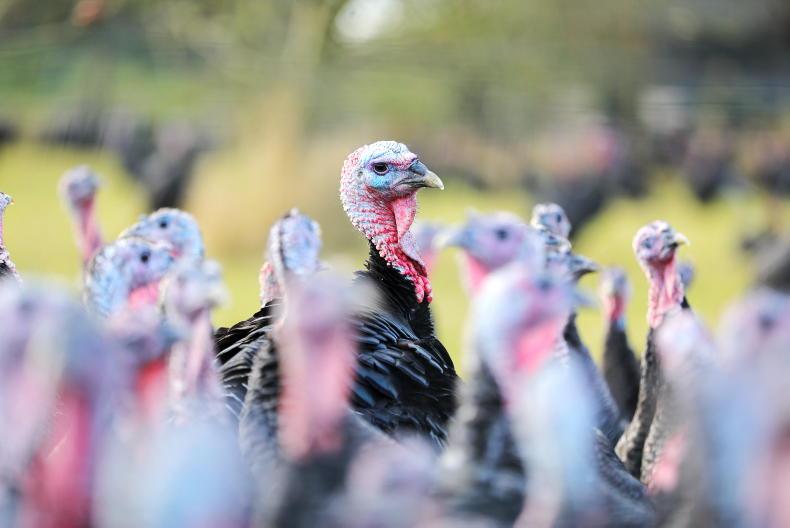
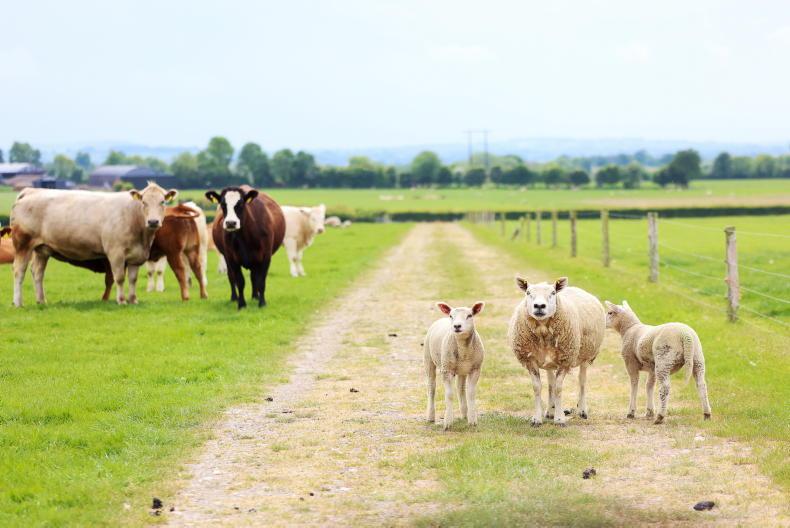
SHARING OPTIONS